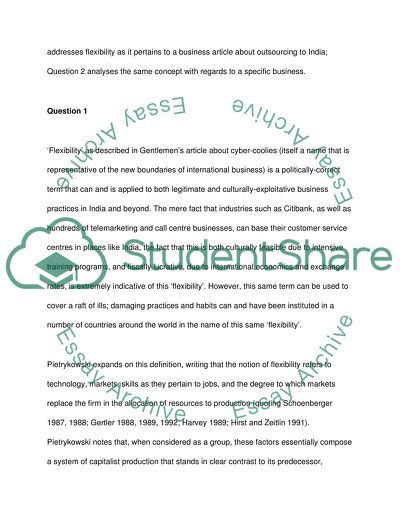Management and Organisational Culture Essay Example | Topics and Well Written Essays - 3250 words. Retrieved from https://studentshare.org/miscellaneous/1516198-management-and-organisational-culture
Management and Organisational Culture Essay Example | Topics and Well Written Essays - 3250 Words. https://studentshare.org/miscellaneous/1516198-management-and-organisational-culture.


